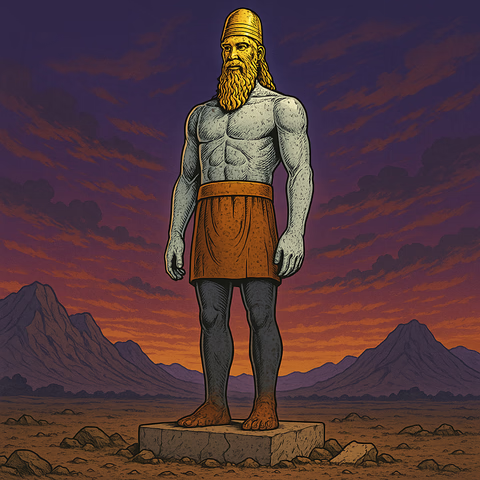
Differences in the Old Greek Version of Daniel (Chapter 2)
The Vision of the Statue
This chapter of the ‘Old Greek’ version of Daniel contains 49 verses. Of these, 20 have differences. A casual reader probably wouldn’t notice anything special, but people deeply interested in the prophecy will absolutely have raised eyebrows. Also, the account just makes more sense and flows better.
For example, the Old Greek version plainly explains (rather than implying) that the King can’t remember his own dream. Further, Daniel asks why the King’s punishment of the wise men was so harsh (not urgent), which is more logical.
It also includes a few extra details and is usually more specific. Could this be because the translation cleaned up the Hebrew, or because the Hebrew was later abbreviated? We’re not sure.
More important, however, are the small differences to the prophecy.
The rock
For example, regarding the rock that strikes the statue, the Old Greek says at 2:35:
‘…the stone that struck the statue grew into [a] huge mountain, and it violently struck the entire earth!’
Yes, the rock doesn’t fill the earth in the Old Greek version, it strikes it, using a word that really does mean violence. This may upset those who view the prophecy as being fulfilled in the spread of Christianity from the 1st century AD.
The feet of iron mixed with clay
Also, regarding the feet of iron mixed with clay, the way the Greek translates the term seed of men may (or may not) tell us how the ancient Jews understood the mixing of the iron and clay at 2:42-43:
‘And the toes of the feet are indeed partly iron and partly clay, so some parts of the kingdom will be strong and others will be crushed.
‘Just like you saw iron mixed with clay pottery – they’ll be mixed with different peoples, but they won’t be in harmony or friendly with each other, just as iron and clay simply can’t stick together.’
It seems to imply that the clay represents different races or groups of people, rather than just people in general. That may be helpful or unhelpful to certain interpretations of the prophecy. Additionally, the clay being described as crushed instead of fragile is a big difference to how one may imagine the statue, and what that may imply for the ‘clay’.
Differences in Chapter Two
2:1
The Old Greek specifies that NebuChadnezzar had visions and dreams, but the Hebrew says he had dreams only.
2:2
The Old Greek says that enchanters, magicians/astrologers and sorcerers of the Chaldeans were called. However, the Hebrew says magicians, astrologers, sorcerers AND Chaldeans were called.
2:3-4
No important differences.
Note that from this point on, DaniEl was originally in Aramaic, not Hebrew. It continues in Aramaic until 8:1, when it switches back to Hebrew.
2:5
The Old Greek says that the king threatened to make an example of these wise ones and take their goods for the royal treasury. However, the Aramaic plainly says he’ll kill them and turn their homes into ash heaps (or dung heaps).
This may be the translator changing the idioms into expressions more familiar to his audience.
2:6-7
No important differences.
2:8
The Old Greek has the king mentioning that he forgot the dream, but the Aramaic doesn’t.
2:9
No important differences.
2:10
The Old Greek mentions wise men and magicians/astrologers, but the Aramaic does not say the wise men, then says magicians and astrologers separately.
2:11
The Old Greek has the Babylonian wise men tell the king that only a messenger (an angel) can reveal his dream. The Aramaic has the wise men arguing that only the gods can reveal the dream.
2:12-14
No important differences.
2:15
The Greek has Daniel ask why the command was so harsh, but translations from the Masoretic Text usually have him ask why the command was so urgent.
This is probably because the Aramaic word used here can mean both harsh and urgent, so the Old Greek translator had to choose, and he chose the more logical meaning based on the context.
2:16-17
No important differences.
2:18
The Old Greek specifies that Daniel and his friends fasted, prayed, and asked for help from God to get answers. The Masoretic Text just says they sought mercies from God. This may be because the Greek translator’s audience may be unfamiliar with what mercies mean in Hebrew culture.
2:19
The Old Greek has Daniel praising ‘The Lord Most High’, but the Masoretic Text says ‘The God of Heaven’. This is probably just a translator choice, as it may be a more familiar expression to the translator’s audience.
2:20-27
No important differences.
2:28-29
The Old Greek is missing references to the king being on his bed while having the dreams. This may be because the translator viewed it as an unimportant detail too obvious to include, or perhaps his source document was missing it. Or perhaps it was added to the Masoretic Text later. Whatever happened, the meaning is clear.
2:30-34
No important differences.
2:35
The Old Greek says the rock strikes the whole earth, whereas the Masoretic Text says it fills it.
This is very unlikely to be a misreading of the Aramaic, as the words for fill and strike are very different in that language. It’s also not likely to be a copyist error in the Greek for the same reason.
It could be that a copyist or translator deliberately tried to create a harmony between the stoke striking the image and then striking the earth, but this is just speculation, and we see no other examples of this.
So either it’s a translator’s interpretation choice, or the Hebrew originally said this and was changed later. We really don’t know what happened.
2:36
The Old Greek has DaniEl mention that the King even has authority over the fish of the sea, but the Masoretic Text doesn’t. Perhaps this detail was added by the Greek translator to make it flow better, or perhaps it was lost from the Masoretic Text later.
2:37-39
No important differences.
2:40
The Old Greek adds that the fourth kingdom of iron is compared to how iron can cut down every tree.
Perhaps this was added to create a better flow, or perhaps it was lost from the Masoretic Text later.
2:41
No important differences.
2:42
The Old Greek describes the clay as crushed or shattered, using the same word later used in the Greek of Matthew when Jesus talks of a bruised reed. The Masoretic Text, on the other hand, describes the clay pottery as fragile… In other words, easy to crush, but not crushed yet.
In Aramaic, the words for fragile and broken come from the same root and look similar:
- תְבִירָֽה (fragile)
- תְּבִירָא (broken)
It’s possible that the Greek translator misread one word as the other. However, since the two words are so visually similar, anybody could have made that mistake. Perhaps it was the Greek translator, but perhaps the Aramaic manuscript he was using had that as a copyist error. Or, perhaps the error occured in copying the Aramaic text afterwards, and the Greek preserves the original reading.
So nobody really knows.
2:43
The Old Greek says that the iron and clay means they’ll be mixed with the genesin of men, which could variously suggest different tribes, races, nations, or peoples, but could also suggest descendants, which would agree with the Masoretic Text’s seed (or descendants) of men.
This doesn’t suggest a change, but rather suggests how the translator understood the Aramaic term. That may inform our understanding today, because the translator was closer to the original text than we are.
2:44
The Old Greek plainly says that God will set up ‘another kingdom’; the Aramaic is not so specific, just saying ‘kingdom’, with no ‘another’.
Perhaps it was added to the Greek to be clearer, or perhaps it was lost from the Masoretic Text later.
2:45
The Old Greek version of this verse plainly says that God has shown what will happen in the ‘last days’; the Aramaic just says ‘after this’.
There’s no way these Aramaic terms could be confused, so it’s a deliberate difference. Where the change was made is unknown, but it could just be a translator’s choice to make the text flow better, but we don’t know.
2:46
The Old Greek has DaniEl rewarded with ‘sacrifice(s)’ and a ‘drink offering’, but the Aramaic says a ‘sacrifice’ and ‘incense’ (whether a perfume gift or a incense offering).
This may be because the Greek translator has swapped out a Jewish expression for a Greek one, as ‘sacrifices and libations’ (a libation is a drink offering) is a standard expression in the Greek of the time to mean a full range of sacrifical offerings. He may have also been influenced by the word for ‘they should be presented’ elsewhere in the text, because the literal meaning of that is ‘they should be poured out’.
So the meaning is identical.
2:47-48
No important differences.
2:49
The Old Greek has DaniEl asking the king to put Sedrach, Misach, and AbedNego in charge of Babylon’s affairs, but the Aramaic specifies it as the province of Babylon.
Either this was lost in the translation, lost in copying, or added to the Masoretic Text later. Ultimately, it’s not very important.
Contents
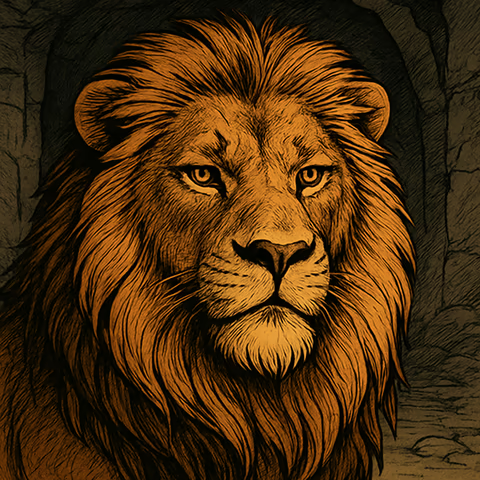 Introduction to
Introduction to
Differences in Daniel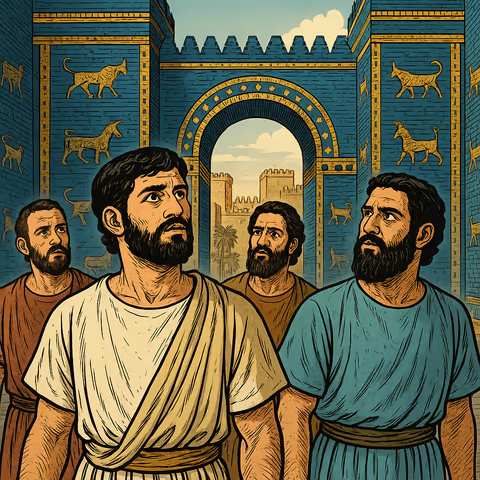 Differences
Differences
in Chapter One Differences in Chapter Two
Differences in Chapter Two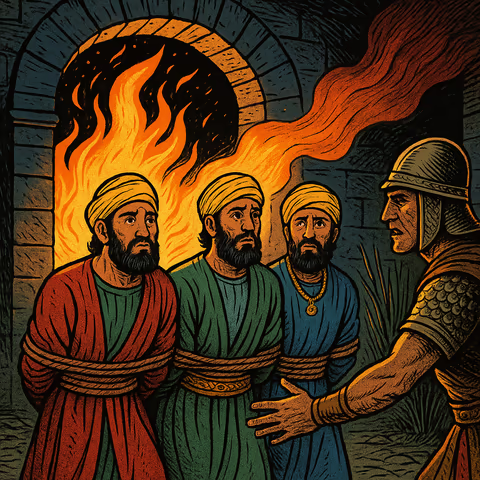 Differences in
Differences in
Chapter Three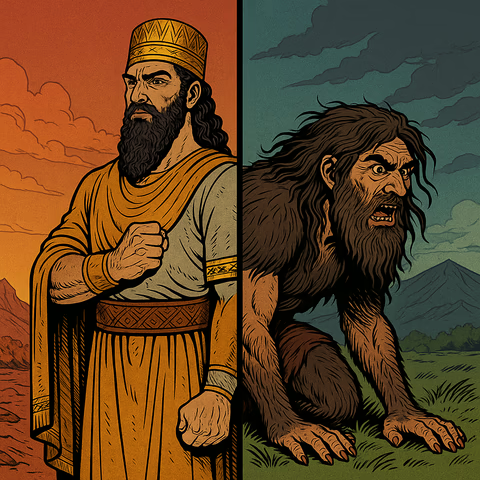 Differences
Differences
in Chapter Four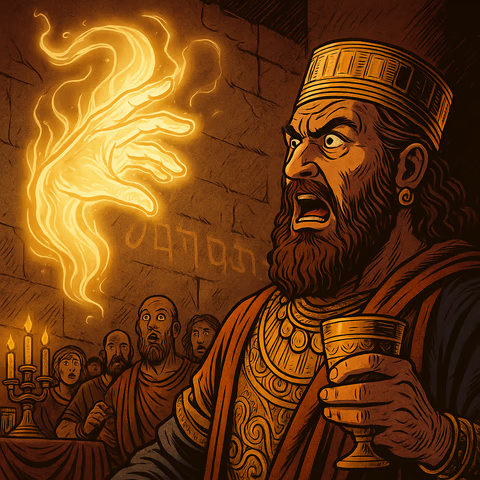 Differences
Differences
in Chapter Five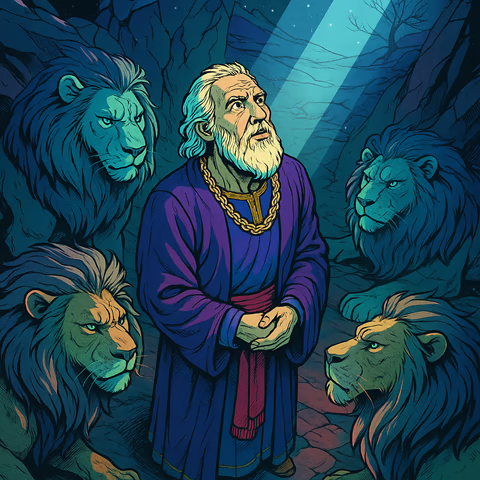 Differences
Differences
in Chapter Six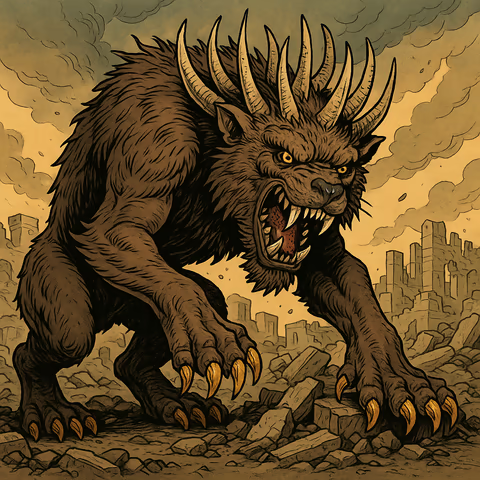 Differences in
Differences in
Chapter Seven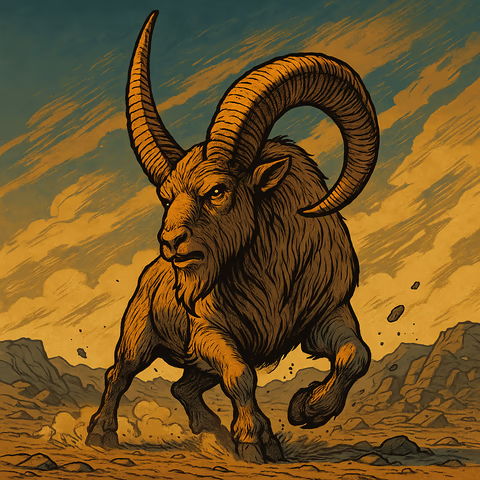 Differences in
Differences in
Chapter Eight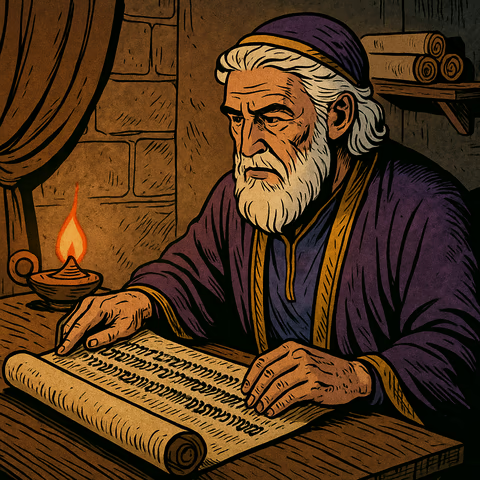 Differences
Differences
in Chapter Nine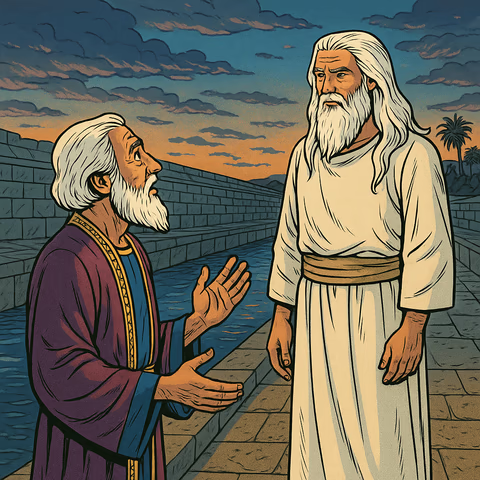 Differences
Differences
in Chapter Ten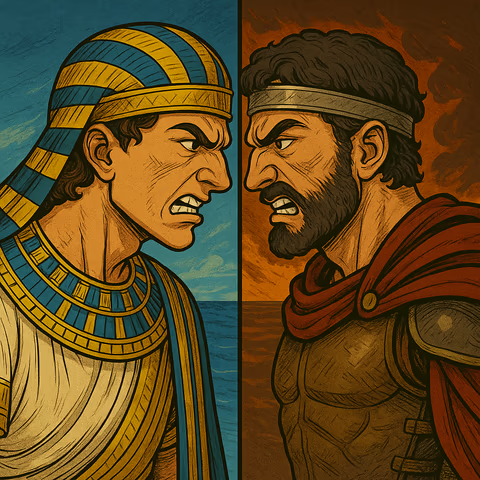 Differences in
Differences in
Chapter Eleven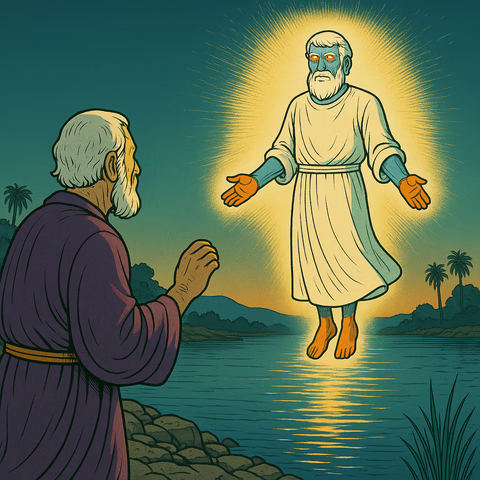 Differences in
Differences in
Chapter Twelve